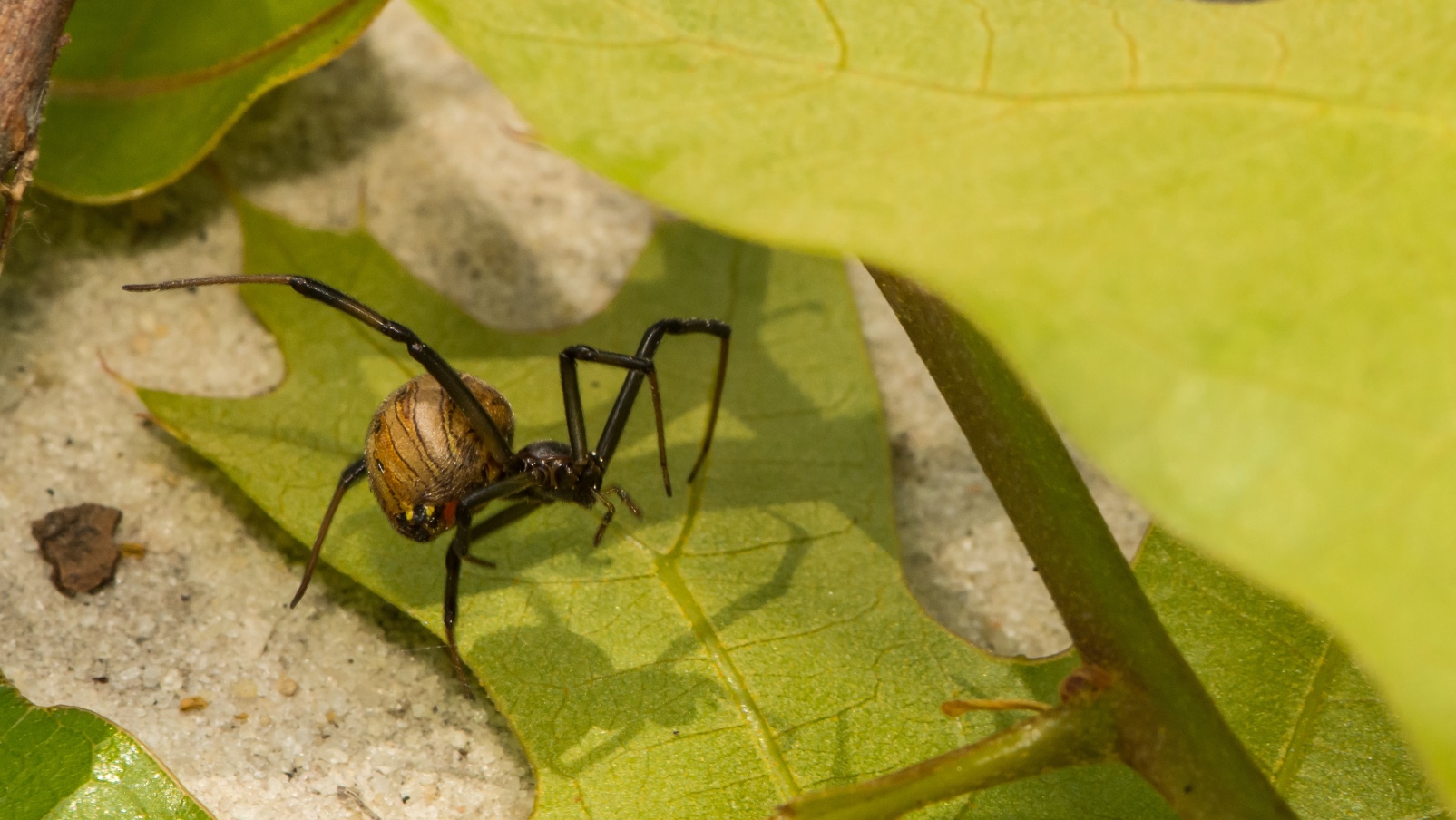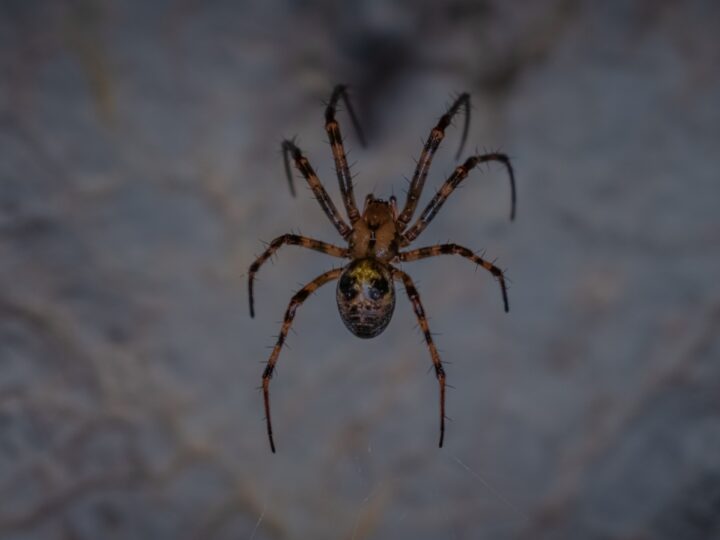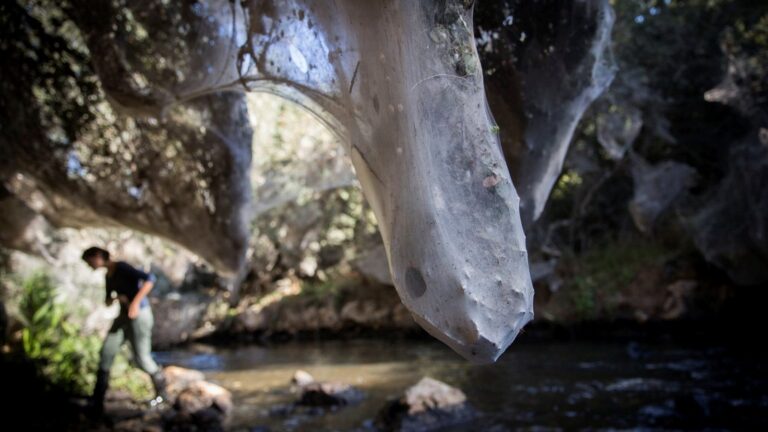Pity the male brown widow spider. He’s attracted to the worst possible mate. And while his children will likely survive, he probably won’t.
That’s the conclusion from Hebrew University of Jerusalem (HUJ) master’s degree student Shevy Wagner, who set out to study the sex lives of spiders.
In a new study published last week in the journal Animal Behaviour, Wagner found that male brown widow spiders of the species Latrodectus geometricus prefer older, less fertile females that are 50 percent more likely to eat them after sex.
The researchers, who also included students and staff from Ben-Gurion University of the Negev and the governmental agricultural research organization Volcani Center, collected male and female brown widow spiders from central and southern Israel.
They then positioned them so that males could choose between immature and older female spiders. (The immature females are able to mate; they store sperm and produce eggs after the final molt to adult stage.)
The male spiders chose the older females.
“We originally thought the males would prefer the sub-adult females, as they are more fertile and far less likely to cannibalize them, but we were surprised to discover that was not the case,” the researchers said.
It gets worse for the males.
Even if they are about to be eaten, male spiders have the ability to plug the genital openings of the females by leaving part of their pedipalps (copulatory organs) inside. That would prevent the female from mating with another male, which would in turn ensure that the baby spiders at least “know” who their deceased daddy was.
But the male spiders didn’t even do that.
“Males don’t seem to be behaving in their own self-interest and suffer a twofold cost – fewer offspring and no opportunity to mate with another female,” the researchers say.
What’s going on?
“One possible explanation is that older females are manipulating the males by using strong signals to attract them.”
Pheromones, perhaps? “That’s a hypothesis that remains to be tested,” the researchers write.
Given the irrational behavior of the male spiders, the Federmann Center for the Study of Rationality at HUJ supported the research.
Lead researcher Wagner was advised by Prof. Uzi Motro from the Department of Ecology, Evolution and Behavior and the Federmann Center for the Study of Rationality at HUJ; Prof. Yael Lubin from the Marco and Louise Mitrani Department of Desert Ecology at Ben-Gurion University; and Prof. Ally Harari of the Department of Entomology at the Volcani Center.
















